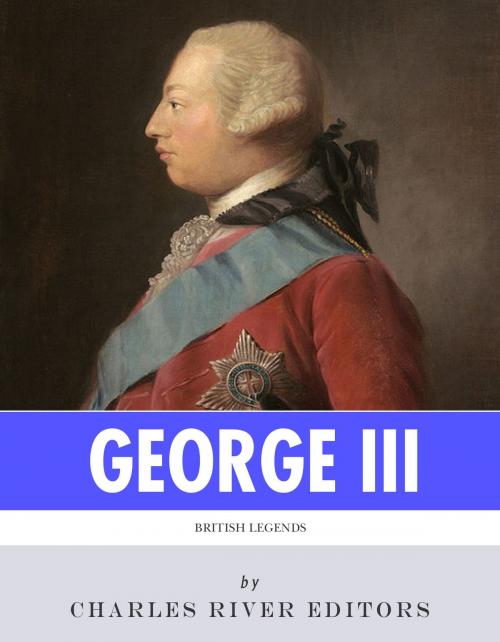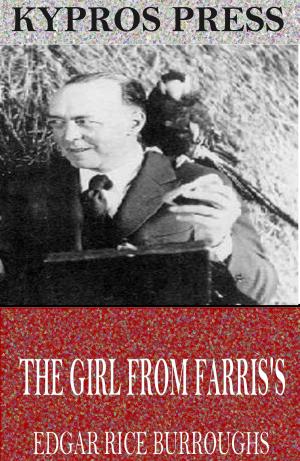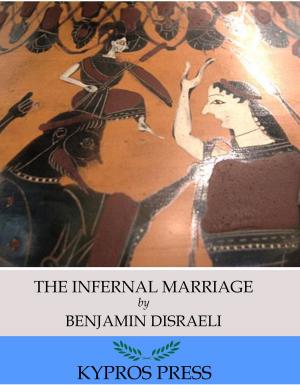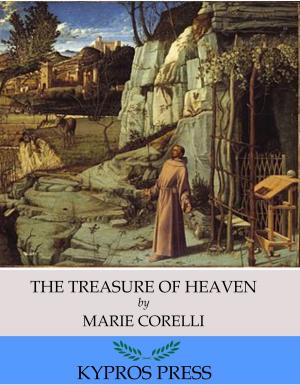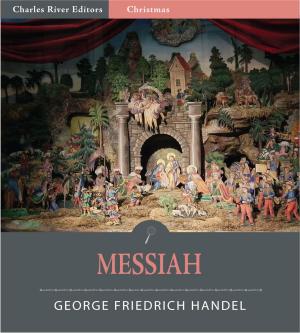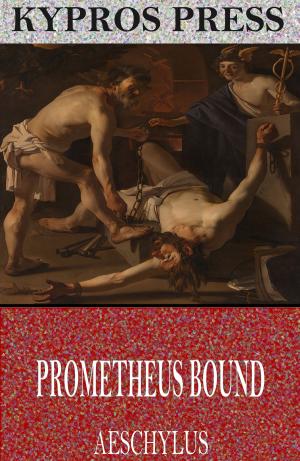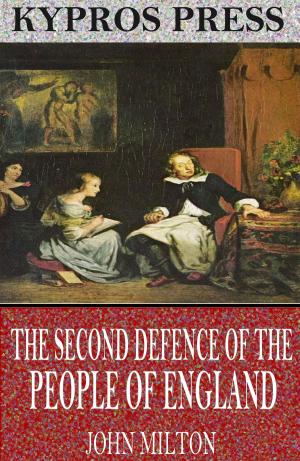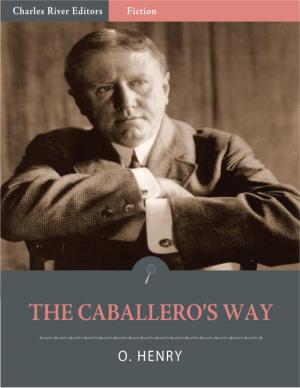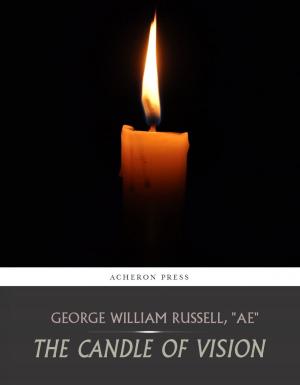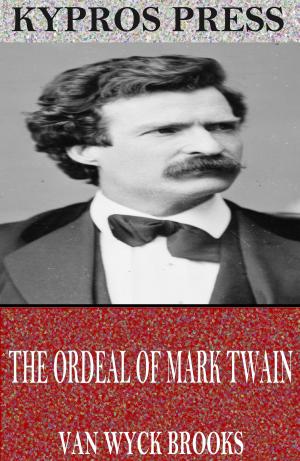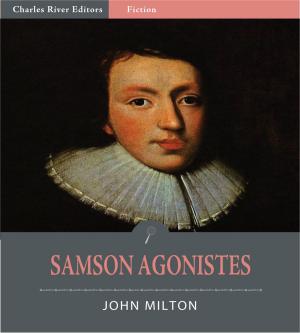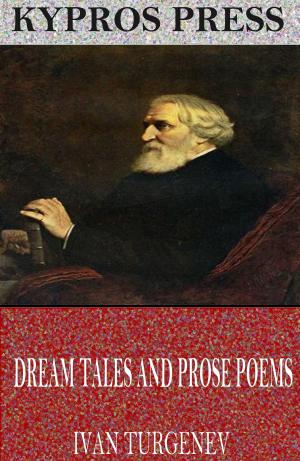British Legends: The Life and Legacy of King George III
Biography & Memoir, Royalty, Nonfiction, History, British| Author: | Charles River Editors | ISBN: | 9781475323115 |
| Publisher: | Charles River Editors | Publication: | April 3, 2013 |
| Imprint: | Language: | English |
| Author: | Charles River Editors |
| ISBN: | 9781475323115 |
| Publisher: | Charles River Editors |
| Publication: | April 3, 2013 |
| Imprint: | |
| Language: | English |
*Includes pictures of George III and other important people in his life.*Explains George III's role and policies during the American Revolution and Napoleonic Era.*Discusses George III's mixed legacy and whether criticisms of it are fair.*Includes a Bibliography for further reading.*Includes a Table of Contents. “I wish nothing but good; therefore, everyone who does not agree with me is a traitor and a scoundrel.” King George IIIWhen he died in 1820, King George III had presided over the longest reign by a monarch in Englands history and ruled the British Empire during one of its most turbulent and important periods, but he was remembered by the unappealing sobriquets “The Mad King” and “The King Who Lost America”. The British remembered him based on the fact that he began suffering serious mental illnesses by the end of his life, and he was even more despised in America, with Jefferson summing up the public opinion of the British king in a letter to then-ambassador John Adams: “We I hope shall be left free to avail ourselves of the advantages of neutrality: and yet much I fear the English, or rather their stupid king, will force us out of it. (...) Common sense dictates therefore that they should let us remain neuter: ergo they will not let us remain neuter. I never yet found any other general rule for foretelling what they will do, but that of examining what they ought not to do.”Given George IIIs descent into senility, and the fact that he was the monarch during the American Revolution, it was only natural that George III would be remembered those ways, but his reputation and legacy have been given a more objective and positive reexamination over the last few decades. The king played an important role in resisting the French in the aftermath of the French Revolution and the Napoleonic Era, while charges of tyranny made by his opponents were naturally colored with bias and extreme exaggerations. Perhaps just as importantly, George III oversaw a period during which the monarch retained less and less power within the framework of the British Empires constitutional monarchy, and thus ushered in a transformation in which the monarch went from wielding power to being a cultural figurehead. British Legends: The Life and Legacy of King George III looks at the life, reign, and legacy left by one of Britains most important rulers. Along with pictures of important people, places, and events, you will learn about George III like you never have before, in no time at all.
*Includes pictures of George III and other important people in his life.*Explains George III's role and policies during the American Revolution and Napoleonic Era.*Discusses George III's mixed legacy and whether criticisms of it are fair.*Includes a Bibliography for further reading.*Includes a Table of Contents. “I wish nothing but good; therefore, everyone who does not agree with me is a traitor and a scoundrel.” King George IIIWhen he died in 1820, King George III had presided over the longest reign by a monarch in Englands history and ruled the British Empire during one of its most turbulent and important periods, but he was remembered by the unappealing sobriquets “The Mad King” and “The King Who Lost America”. The British remembered him based on the fact that he began suffering serious mental illnesses by the end of his life, and he was even more despised in America, with Jefferson summing up the public opinion of the British king in a letter to then-ambassador John Adams: “We I hope shall be left free to avail ourselves of the advantages of neutrality: and yet much I fear the English, or rather their stupid king, will force us out of it. (...) Common sense dictates therefore that they should let us remain neuter: ergo they will not let us remain neuter. I never yet found any other general rule for foretelling what they will do, but that of examining what they ought not to do.”Given George IIIs descent into senility, and the fact that he was the monarch during the American Revolution, it was only natural that George III would be remembered those ways, but his reputation and legacy have been given a more objective and positive reexamination over the last few decades. The king played an important role in resisting the French in the aftermath of the French Revolution and the Napoleonic Era, while charges of tyranny made by his opponents were naturally colored with bias and extreme exaggerations. Perhaps just as importantly, George III oversaw a period during which the monarch retained less and less power within the framework of the British Empires constitutional monarchy, and thus ushered in a transformation in which the monarch went from wielding power to being a cultural figurehead. British Legends: The Life and Legacy of King George III looks at the life, reign, and legacy left by one of Britains most important rulers. Along with pictures of important people, places, and events, you will learn about George III like you never have before, in no time at all.
